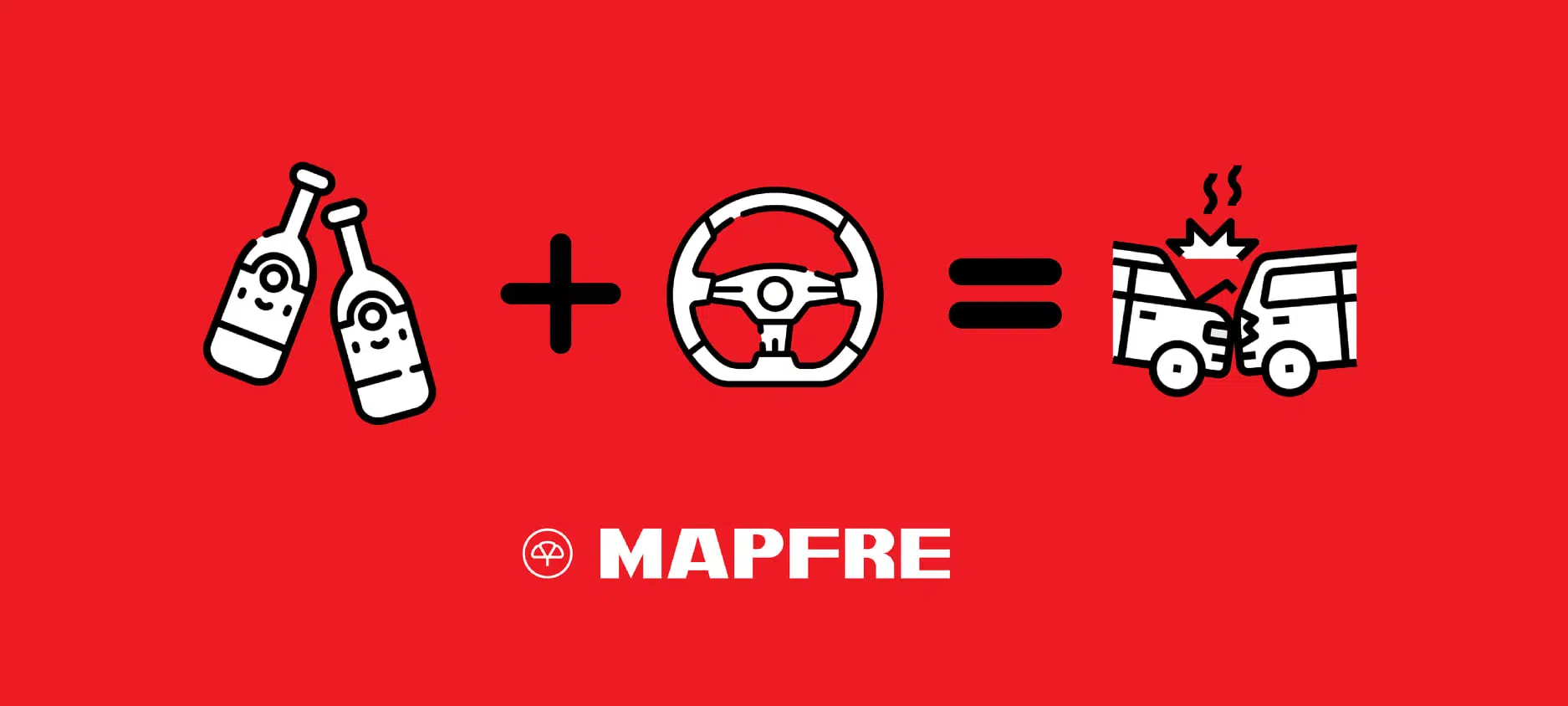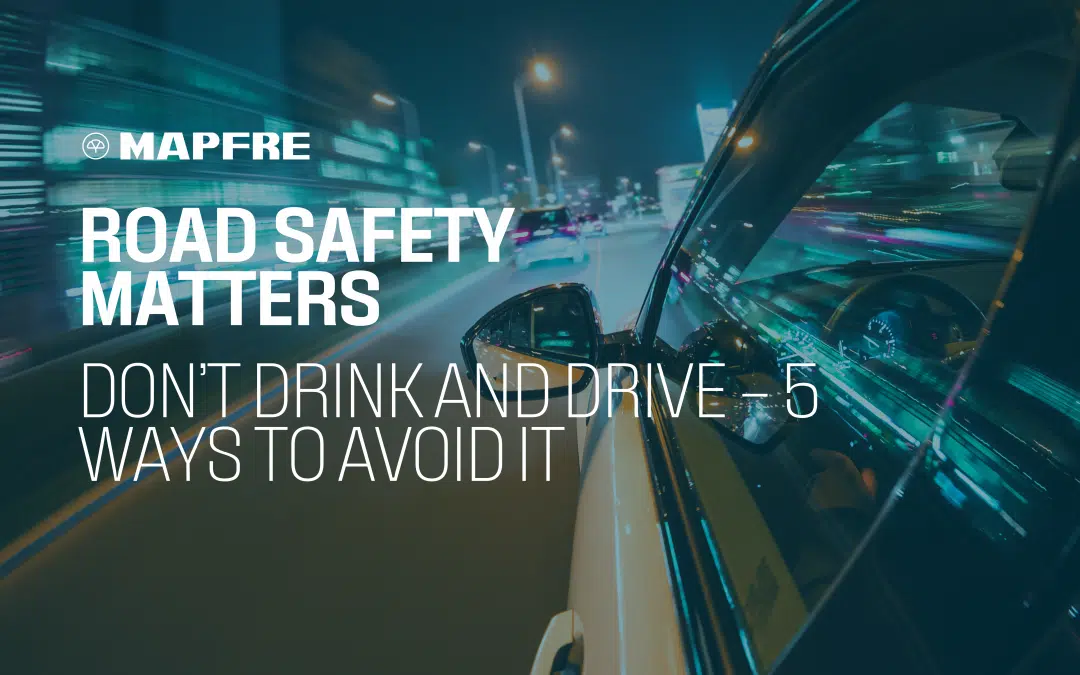WHY YOU SHOULDN’T DRINK AND DRIVE
When you’re drunk, drinking and driving may seem like a smart idea, but even little amounts of alcohol can impact reaction times and create blurred or double vision, putting you at risk behind the wheel. If you drink and drive, you risk triggering an accident, leaving you with a smashed-up car and a big insurance claim. Drunk driving is always discouraged since it just takes one mistake to put you or someone else in danger on the road. Although the choice between losing your license and spending €20 on a cab may appear to be a straightforward one, drunk driving remains a serious problem across the island so make sure you don’t endanger your life or anyone else’s by driving while inebriated.
WAYS TO AVOID DRINKING AND DRIVING
Fortunately, avoiding drunk driving is simple. The tips that we have put together are rather simple, yet it might mean the difference between a fun night out and a horrible accident.
1. ARRANGE FOR SOMEONE TO BE THE DESIGNATED DRIVER
Plan ahead and designate someone to drive if you’re going out for a night where you know drinking will be involved. This might be a friend who chooses not to drink, or even getting a ride home from a parent at the end of the night. If you go out often with a group of friends, you might want to take turns being the designated driver. This way, you’ll always have at least one person who is qualified to drive whenever you go out.
2. TAXIS AND PUBLIC TRANSPORTATION
Buses and taxis are all a great alternative and rather cheap options to driving. If you’re taking a bus home, make sure you know the schedule, so you don’t miss the last bus. Nowadays cabs have become extremely accessible, with the touch of button you can have a cab pick you up in a couple of minutes so make sure you have some cash and a cab app on your phone. If there are a number of you heading in the same direction, splitting the payment will make cabs even cheaper, ensuring that you arrive safely and without spending a lot.
3. STICK TO NON-ALCOHOLIC
You might believe you can’t celebrate if you’re not drinking but you can still have fun without drinking. Many companies now make soft drinks that taste just like your favourite alcoholic beverage but don’t leave you with a headache the next day. Drinking zero-alcohol beer or mocktails is another option which will let you feel like you’re part of the party without risking your safety when driving home.
4. ALCOHOL-FREE NIGHTS OUT
Alcohol can play a major role in a night out, but it does not have to. It’s easy to have a good time with your friends while remaining sober. Instead of going to a bar or club, go out to eat, see a movie, or participate in a new group activity that you haven’t experienced yet. You’ll avoid the temptation of having a drink this way, and you’ll almost certainly have a good time!
5. AVOID PEER PRESSURE
Peer pressure is one of the most powerful motivators for young people to drink and drive. If someone dares you or attempts to get you to drink at a party, explain your reasons for keeping sober and ignore them if they persist. You may want to impress your friends, but keep in mind that they will not be the ones to suffer the repercussions if you are found driving after drinking so don’t let them influence your choices.
Remember, even if you think you’re sober enough to drive, drunk driving is never a good decision. Avoid driving when drunk to stay safe and remember that a few drinks aren’t worth losing your license or causing an accident.



